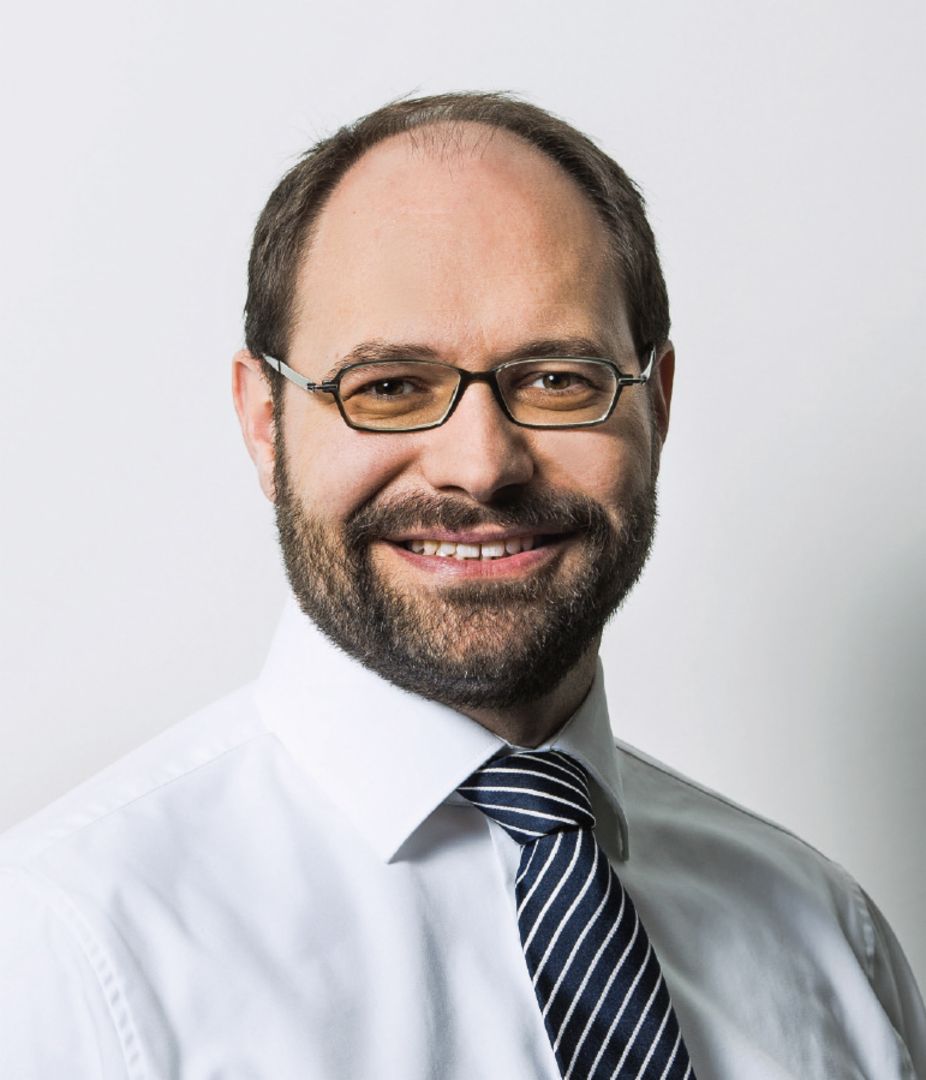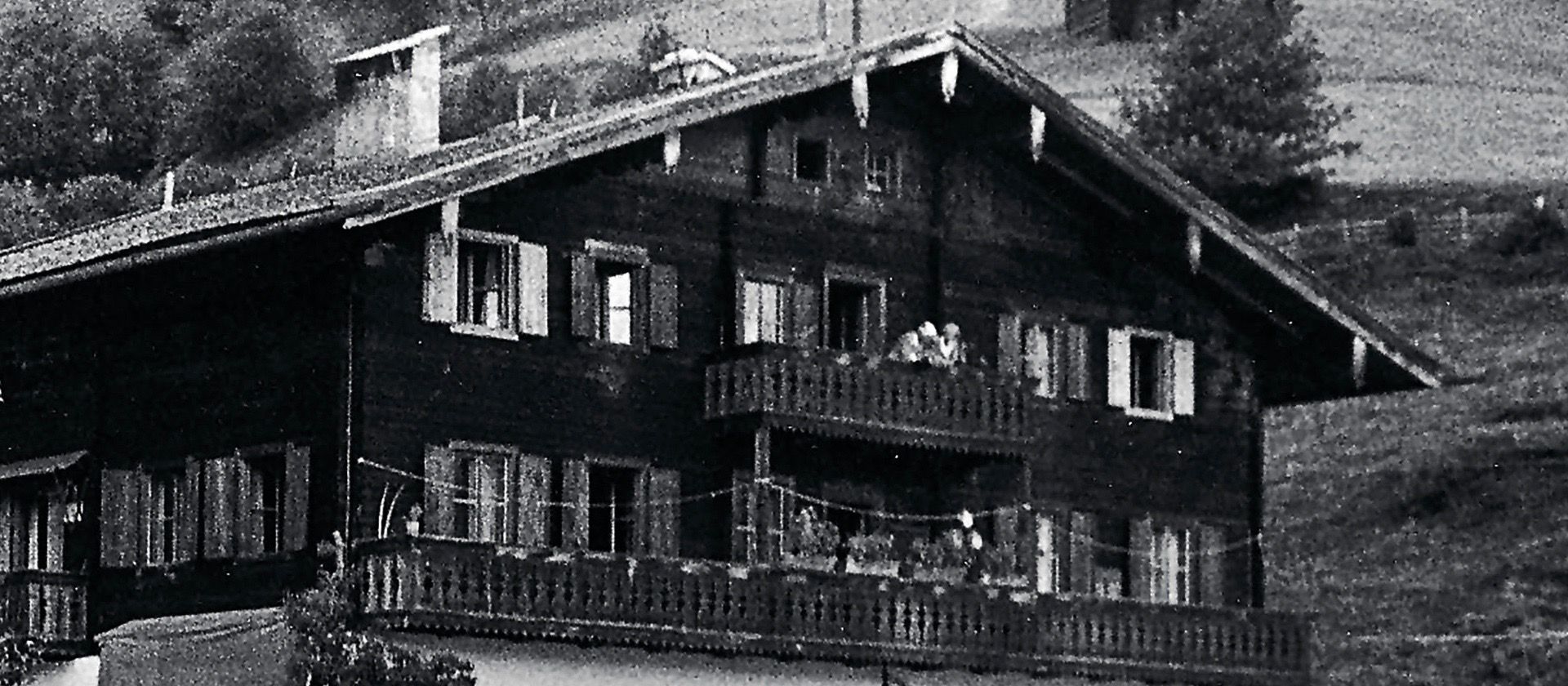Happy Birthday.
The Schüttgut estate. Located in the Schüttdorf district of Zell am See, Salzburgerland, Austria. Over six hundred years old. Family seat of the Porsches and Piëchs. More than a place, it’s a testament to commitment. The main building with its stone base and wooden upper floor, two large farm buildings, a small whitewashed burial chapel. This is the final resting place of Ferdinand Porsche and his wife Aloisia, their daughter Louise and her husband Anton Piëch, Ferry Porsche, who first discovered the estate and founded the Porsche sports car brand some seventy years ago, his wife Dorothea, and their son Ferdinand Alexander, who with his team created the 911. “This chapel is the essence of our tradition,” says paterfamilias Wolfgang Porsche, Ferdinand’s grandson and Ferry’s youngest son. Born in Stuttgart, his first years were spent in this mountain paradise, as a family refuge from the guns of war, together with three brothers and seven cousins. Today you’ll find him back again, once a year, guiding the cattle down into the valley from the mountain pastures. If there’s one force that fuels Wolfgang Porsche, it’s this return to his native soil, to his origins—without which there can be no future.
Joint owner, moderator, center of power in the Porsche company—with all of these titles, the entrepreneur and family patriarch’s duties as part-time farmer may seem a bit incongruous. A picture in contrasts: wearing rubber boots in the cleanroom of the digital age. Wolfgang Porsche wouldn’t be himself if he only observed the world from his own position, a position of strength drawn from family tradition, rather than learning to see from different points of view. Companies are not inherently unique. It’s their identity that defines them. People create legends. Legends create identity. Porsche is legendary. Once in the midst of the crisis, Wolfgang Porsche said that Porsche “will never perish.” An emotional moment in Zuffenhausen.

Dr. Josef Arweck
EditorEverything that is and everything that will be takes Wolfgang Porsche back to the source. He would like to “see the Volkswagen Group move as far as possible in a positive direction.” But he sees his task as ensuring that Porsche remains an “unmistakable, independent, and strong brand” and that it represents the family in a suitable manner. He believes that individual mobility “will be restricted” but hopes “not all that much.” He takes a nostalgic look back at Porsche’s pullout from prototype racing and is pleased “that something new is on the horizon: Formula E.” But “the backbone of our business,” the link between racing and series-production vehicles, “is Porsche’s commitment to GT sports.” GTE cars are the fastest and most fascinating race cars that have ever been built on the basis of street-legal sports cars. In mid-June, Porsche will send ten 911 RSRs, with their unmistakable six-cylinder boxer sound, to Le Mans to compete in the GTE pro class—a record number.
Always present: Wolfgang Porsche. Every hour. Every minute. Wide awake till the very end.
For him, he can’t imagine anything more dreadful than sitting on the sofa and waiting for dividends. “That’s not going to make you happy.” What would make him happy would be many more opportunities to bring the cattle down from the mountain pastures to the picturesque scenery of Pinzgau—even if he’s been told he’s “pretty good” in other spheres as well.
The year 2017 was the most successful in Porsche company history. On May 10, 2018, Wolfgang Porsche, Chairman of the Supervisory Board of Porsche Automobil Holding SE and of Porsche AG, will turn seventy-five.
Wherever you have come from, wherever you are going, our Christophorus will accompany you.
